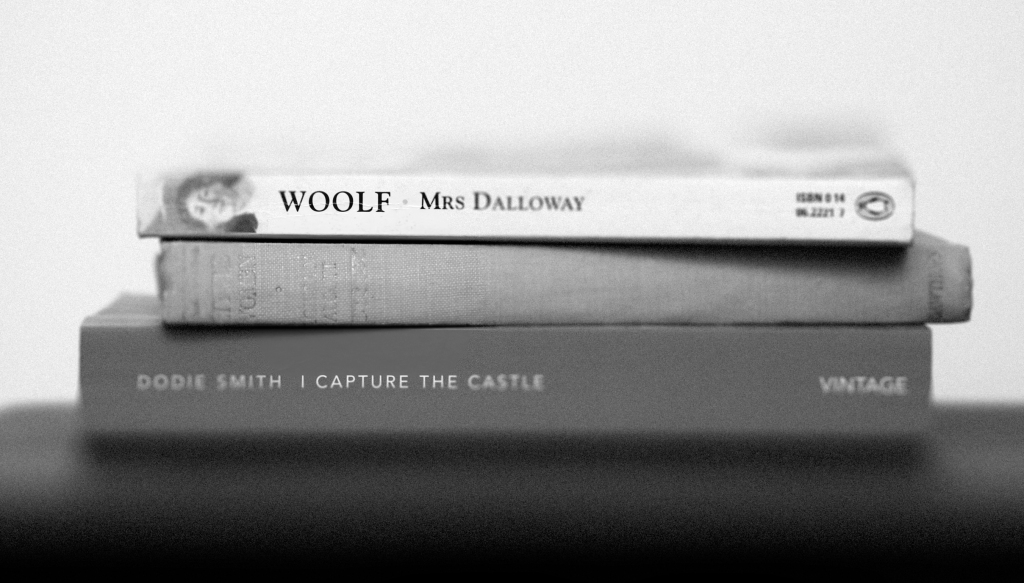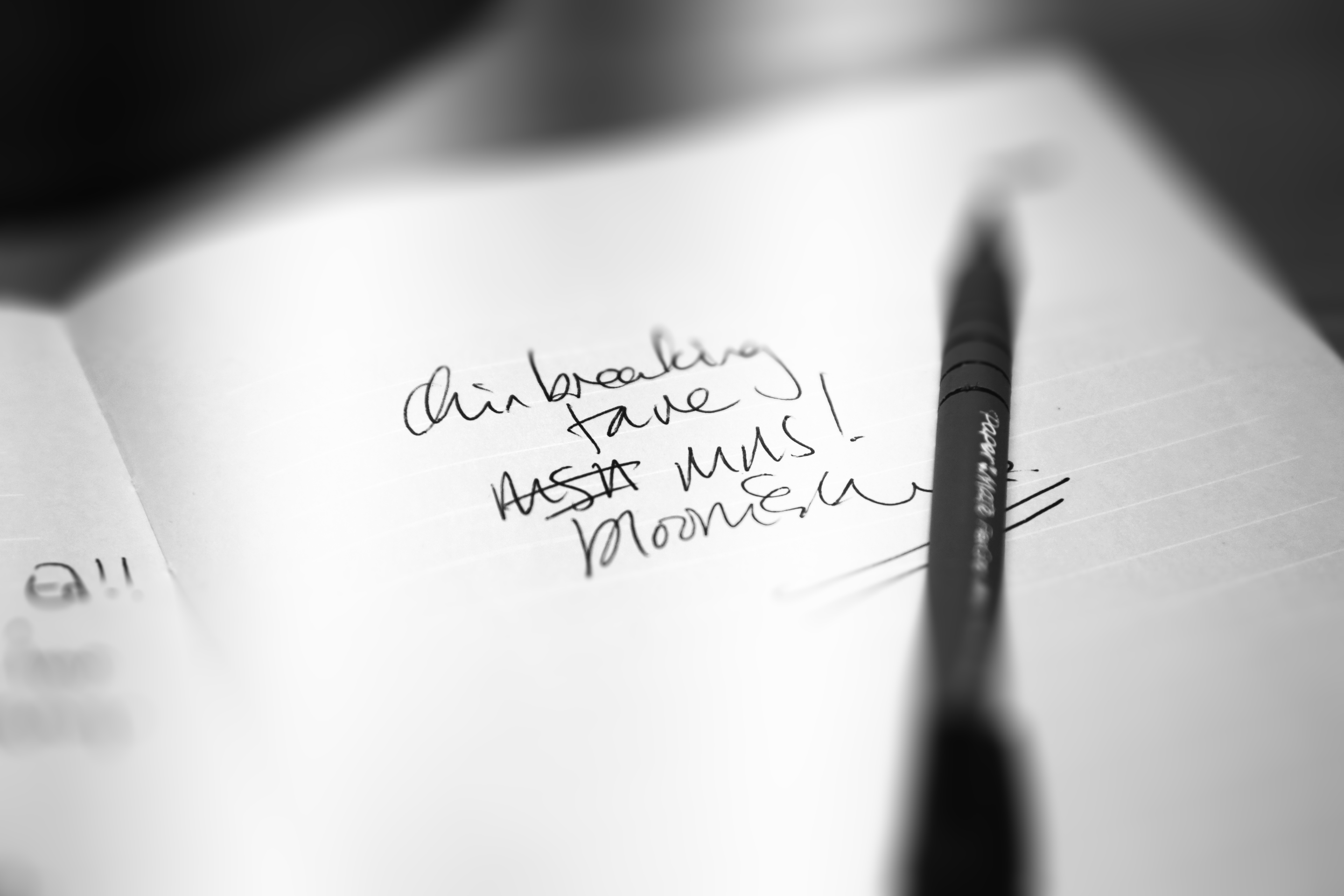When I was writing my latest romance for Mills and Boon, I used the phrase “he supplied” when one character was, well, supplying a piece of information to another character. When I was doing the read through, the phrase “he supplied” stuck out to me on the page like a bright shiny pin. It made me realise how rarely I use expressions like, “he answered” or “she exclaimed”, in fact, I don’t even use “he said” or “she said” when I’m writing a conversation. It’s not that I’m against it, it’s simply not how I write. I tend to supply (see what I did there) reactions or feelings, however, there is a simple beauty about “said” which appeals to me.
It’s probably one of the reasons I enjoy reading Raymond Carver’s short stories. He is the master of “he says-she says” writing!
One of the modules I studied for my M.Litt degree required us to study different authors and the assignments usually required submission of an imitative piece, to demonstrate that we had grasped the fundamentals of a particular writer’s style. Because I was so taken with Carver’s writing, I made Carver the subject of a (gruelling) graded presentation which had to incorporate a critique and a short imitative piece.
The imitative story I read out that afternoon was based on a particular Carver story called, “Boxes”, but prior to writing that one, I’d penned a more generic, Carver-esque story called, “Nighthawks”, titled thus because for some reason, Carver’s writing always makes me think of Edward Hopper’s paintings.
I happened upon “Nighthawks” the other day when I was searching folders on my computer and, just for fun, I’ve decided to give it a public airing. So without further ado, here is my attempt at writing like Carver…
Nighthawks
My sister calls me in the middle of the night. I was already up because I’m not sleeping well at the moment. I’d been tossing and turning then I realised I was hungry, so when the phone rang, it didn’t really disturb me but it did give me a fright. I was slicing up meatloaf and nearly took my finger off.
“It’s Dad. He’s in hospital again,” she says.
“When did they take him in?” I say. I’m thinking that it must have only just happened which is why she’s calling me at this unholy hour.
“An hour ago. I don’t know what to do,” she says.
“Is Celia there?” I say.
“For heaven’s sake, Jack. Don’t you ever listen? I told you last week. She’s in Marbella with the girls.”
I remember now. She did tell me. It’s just that I don’t pay much attention to Celia and her comings and goings because of that thing she said.
Dad has got prostate cancer but he’s been doing okay for so long that most of the time I forget about it. He gets on with things and tells us not to fuss. He married Celia five years ago, before he was diagnosed. He said she was his second chance at love. She said she wished she’d met him when she was younger so that her daughters could have been his daughters. She said it out of love I suppose, not thinking about how Lilian and I would feel about that, because obviously if she’d met Dad when she was younger, he’d never have married Mum and Lilian and I would never have been born. I suppose when Celia said that, even though I know she definitely said it out of love for Dad, it made me think that she was someone I couldn’t care too much about.
“So have you phoned her?” I say. The line crackles and rustles, like she’s crawling into a tent or something. Next thing, I’m shouting into the phone. “Lilian! Have you phoned Celia?”
There’s more rustling and then I hear her blowing her nose.
“No, I haven’t phoned her yet,” she says. “It’s like three in the morning over there.”
I look at the clock on the kitchen wall. “But you called me,” I say. “Is it an emergency or isn’t it? I thought it was critical – I thought that was why you called me – and if it’s critical, then Celia needs to know.” I tuck the phone into the crook of my neck, take a cigarette from the packet on the counter and light it.
“I don’t know what to do,” she says. “He might rally – he might be fine tomorrow. It’s happened before. Did I hear a cigarette lighter – are you smoking again?”
“What do you mean again?” I say.
“You told me you quit,” she says.
“When did I tell you that?” I say.
“A couple of weeks ago,” she says.
“No. I don’t think I did,” I say.
Two weeks ago I was laid off work. I didn’t tell Lilian about that because she’s had enough worry with Dad, being in and out of the hospital so much. But when a man loses his job, he’s definitely not going to pick that week to give up smoking so there’s no way I told Lilian that I’d given up smoking. No way.
“So what are the doctors saying?” I say. “Is that what they’re saying – that he could be better tomorrow?”
She’s blowing her nose again. I don’t know if she’s crying or if it’s hay fever. She always got hay fever when she was a kid but these days I just don’t know.
“No. They’re not saying that. I haven’t really spoken to them yet, so I don’t know. I don’t know what to do,” she says.
“Is there someone around you could ask – a nurse or someone like that?” I say.
“No. There’s no one. The place is deserted. It’s so late you see,” she says.
I stub out my cigarette and hold the phone in the crook of my neck again. I fill the kettle and spoon coffee granules into a mug then I light another cigarette. “So where is Dad right now?” I say.
“He’s in a room. They gave him a sedative,” she says.
“What happened?” I say.
“I’ll tell you,” she says and then she blows her nose again. “You know something Jack, I can actually hear you smoking and it’s making me want one. God, I could do with a cigarette but there’s no smoking in hospitals.”
“You could go outside,” I say. “They let you smoke outside – as long as you don’t stand in the entrance.”
“Yeah, I suppose I could,” she says, “But it’s cold outside and besides, I need to talk to you. You need to help me decide what to do – oh! Hang on a second, there’s a nurse coming.”
There’s a clatter and voices but I can’t tell what’s going on so I pour boiling water into my mug and add a teaspoon of sugar, and then she’s back.
“Sorry about that,” she says.
“You were about to tell me what happened with Dad,” I say.
“He took a bit of a turn,” she says. “He kept asking for Celia. He can’t get it into his head that she’s in Marbella and that’s why he’s staying with me.”
“What did the nurse say?” I say.
“Oh – nothing much,” she says. “She told me to go home and get some rest.”
I look at the clock and light another cigarette. “If Dad’s sedated and they’re telling you to go home, then I suppose it’s not critical then,” I say.
“You’re probably right,” she says.
“I think you should go home and get some sleep. Make yourself a cup of cocoa and forget all about it until tomorrow. Dad’s in good hands,” I say.
I can tell she’s walking as she’s talking. “Yeah. You’re right,” she says. “I’m sorry I called you so late, but I really needed to talk to someone. You always make me feel better; you always know what to do.”











